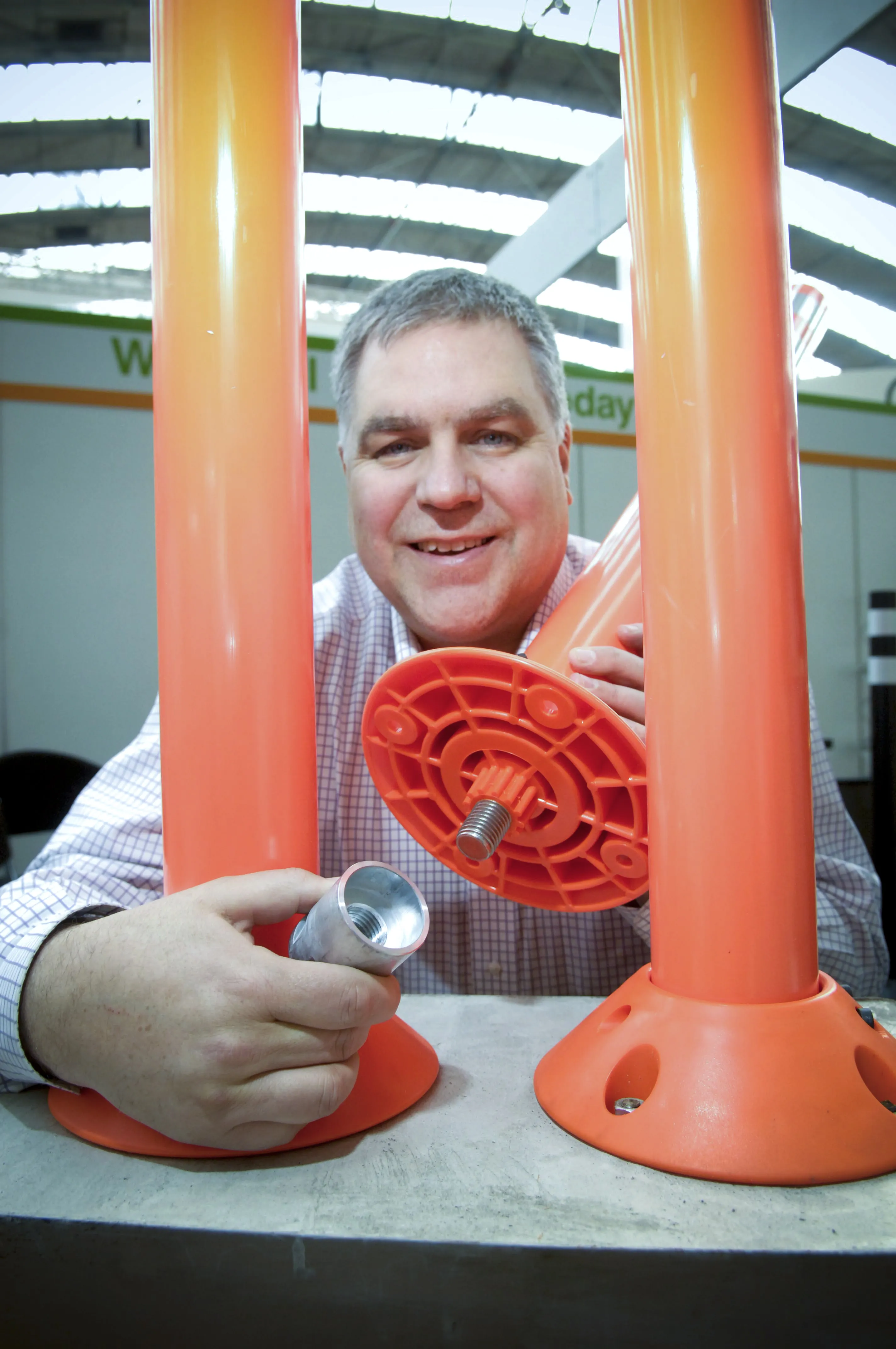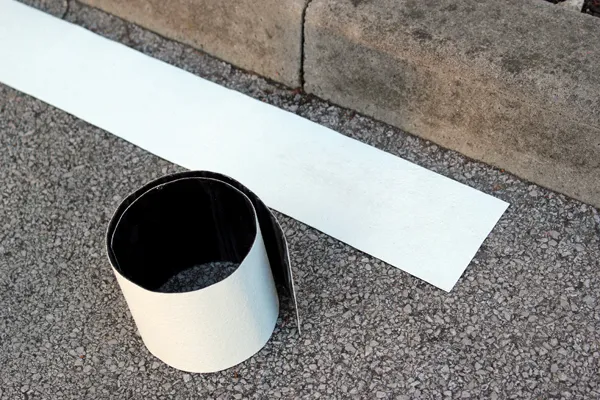DAVIDSON Traffic Control Products is "rounding out" its offering of channeliser posts with the introduction of the Spinner, a screw-in base for its new DP 200 channeliser post.
February 6, 2012
Read time: 2 mins

DAVIDSON Traffic Control Products is "rounding out" its offering of channeliser posts with the introduction of the Spinner, a screw-in base for its new DP 200 channeliser post.
The company is part of Pexco, a global manufacturer of plastic products, which has decades of technical and engineering expertise.
Davidson Traffic Control Products' channeliser posts (among a raft of traffic products from the company that includes barricades, kerb system lane separators, work zone pavement markers and flexible delineator posts) save lives by properly directing traffic and reducing the chance of accidents in many types of locations. They can be used in applications including traffic island, dangerous curves, work zones, parking areas, airports and accident blackspots.
The highly visible DP 200 is a round polyurethane channeliser post that provides 360° of durable delineation, and its new Spinner base utilises an embedded metal anchor in the roadway. An integral bolt in the base mates with the in-road anchor cup allowing a worker to quickly spin in the base. Damaged posts can similarly be quickly spun out, providing a maintenance-friendly traffic safety solution.
A traditional glue-down or bolt-down base can also be chosen for fixing the DP 200 post, which remains extremely flexible even at extreme temperatures, and returns to an upright position after impact.
Peter Speer, vice president of sales, said the company had been expanding its product offerings by adding new posts and kerb systems for different applications.
The company is part of Pexco, a global manufacturer of plastic products, which has decades of technical and engineering expertise.
Davidson Traffic Control Products' channeliser posts (among a raft of traffic products from the company that includes barricades, kerb system lane separators, work zone pavement markers and flexible delineator posts) save lives by properly directing traffic and reducing the chance of accidents in many types of locations. They can be used in applications including traffic island, dangerous curves, work zones, parking areas, airports and accident blackspots.
The highly visible DP 200 is a round polyurethane channeliser post that provides 360° of durable delineation, and its new Spinner base utilises an embedded metal anchor in the roadway. An integral bolt in the base mates with the in-road anchor cup allowing a worker to quickly spin in the base. Damaged posts can similarly be quickly spun out, providing a maintenance-friendly traffic safety solution.
A traditional glue-down or bolt-down base can also be chosen for fixing the DP 200 post, which remains extremely flexible even at extreme temperatures, and returns to an upright position after impact.
Peter Speer, vice president of sales, said the company had been expanding its product offerings by adding new posts and kerb systems for different applications.






